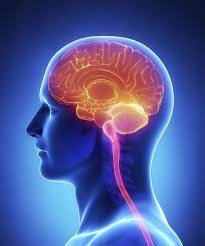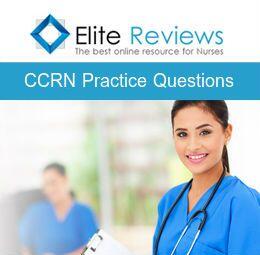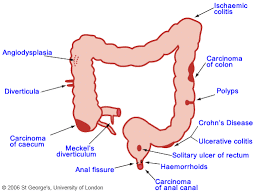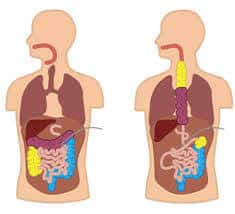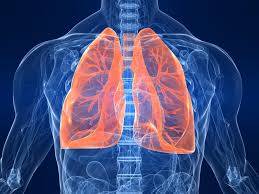CCRN Ischemic Stroke
CCRN Ischemic Stroke Overview
A stroke occurs when the blood supply to part of your brain is interrupted or reduced, preventing brain tissue from getting oxygen and nutrients. Brain cells begin to die in minutes. A stroke is a medical emergency, and prompt treatment is crucial. Early action can reduce brain damage and other complications.Signs and Symptoms
- Trouble speaking and understanding what others are saying
- Paralysis or numbness of the face, arm or leg
- Problems seeing in one or both eyes
- Headache
- Trouble walking
Causes
There are two main causes of stroke: a blocked artery (ischemic stroke) or leaking or bursting of a blood vessel (hemorrhagic stroke). Some people may have only a temporary disruption of blood flow to the brain, known as a transient ischemic attack (TIA), that doesn't cause lasting symptoms.Risk Factors
- Being overweight or obese
- Physical inactivity
- Heavy or binge drinking
- Use of illegal drugs such as cocaine and methamphetamine
- High blood pressure
- Cigarette smoking or secondhand smoke exposure
- High cholesterol
- Diabetes
- Obstructive sleep apnea
- Cardiovascular disease, including heart failure, heart defects, heart infection or abnormal heart rhythm, such as atrial fibrillation
- Personal or family history of stroke, heart attack or transient ischemic attack
Treatment
- Emergency IV medication - Activase
- Emergency endovascular procedures
Critical Care Courses
Overview
- Elite Reviews Offers A Variety Of Online Courses That Will More Than Adequately Help Prepare The Critical Care Nurse To Pass The National Exam.
- Each Course Includes Continuing Education Credit and Sample Questions.
Continuing Education
- Each Of Our Online Courses Has Been Approved Continuing Education Contact Hours by the California Board of Nursing
- Login To Your Account In Order To Access The Course Completion Certificate Once The Course Is Complete.
CCRN Free Trial
- FREE Sample Lecture & Prep Questions
- Available For 24 Hrs After Registration
- Click Free Trial Link To Get Started - CCRN Free Trial
How It Works
How It Works
- First - Purchase The Course By Clicking On The Blue Add To Cart Button - You Will Then Be Prompted To Create A User Account.
- Second - After Creating An Account, All 3 Options (90, 120 or 150 Days) Will Be Listed. Select The Option You Desire And Delete The Other Two.
- Third - You Will Be Prompted To Pay For The Review Using PayPal - After Payment You Will Be Redirected Back To Your Account.
- Last - Click The Start Button Located Within Your Account To Begin The Program
- 150 Sample Questions
- Q & A With Rationales
- Approved For 5 CEU's
- 90 Days Availability
- Cost $75.00
- 1250+ Sample Questions
- Q & A With Rationales
- Approved For 25 CEU's
- 90 Days Availability
- Cost $200.00
CCRN Practice Questions Bundle
- 1350+ Sample Questions
- Q & A With Rationales
- Approved For 30 CEU's
- 90 Days Availability
- Cost $225.00
CCRN Review Course
- Option 1
- Lectures & 1250+ Questions
- Approved For 35 CEU's
- 90 Days Availability
- Cost $325.00
- Option 2
- Lectures & 2000+ Questions
- Approved For 40 CEU's
- 90 Days Availability
- Cost $350.00
CCRN Review Course Bundle
- Option 3
- Lectures & 3000+ Questions
- Approved For 70 CEU's
- 90 Days Availability
- Cost $375.00

